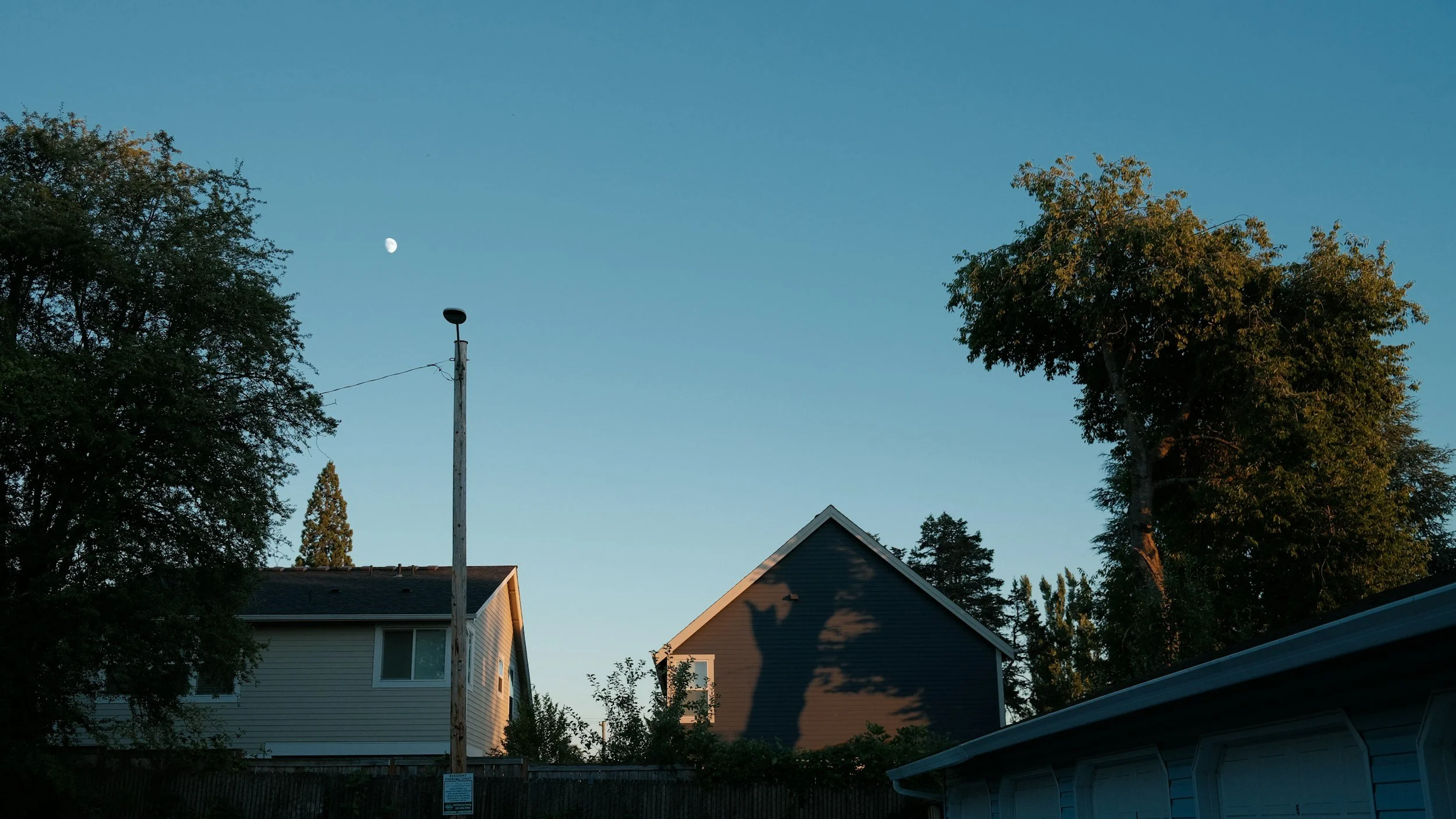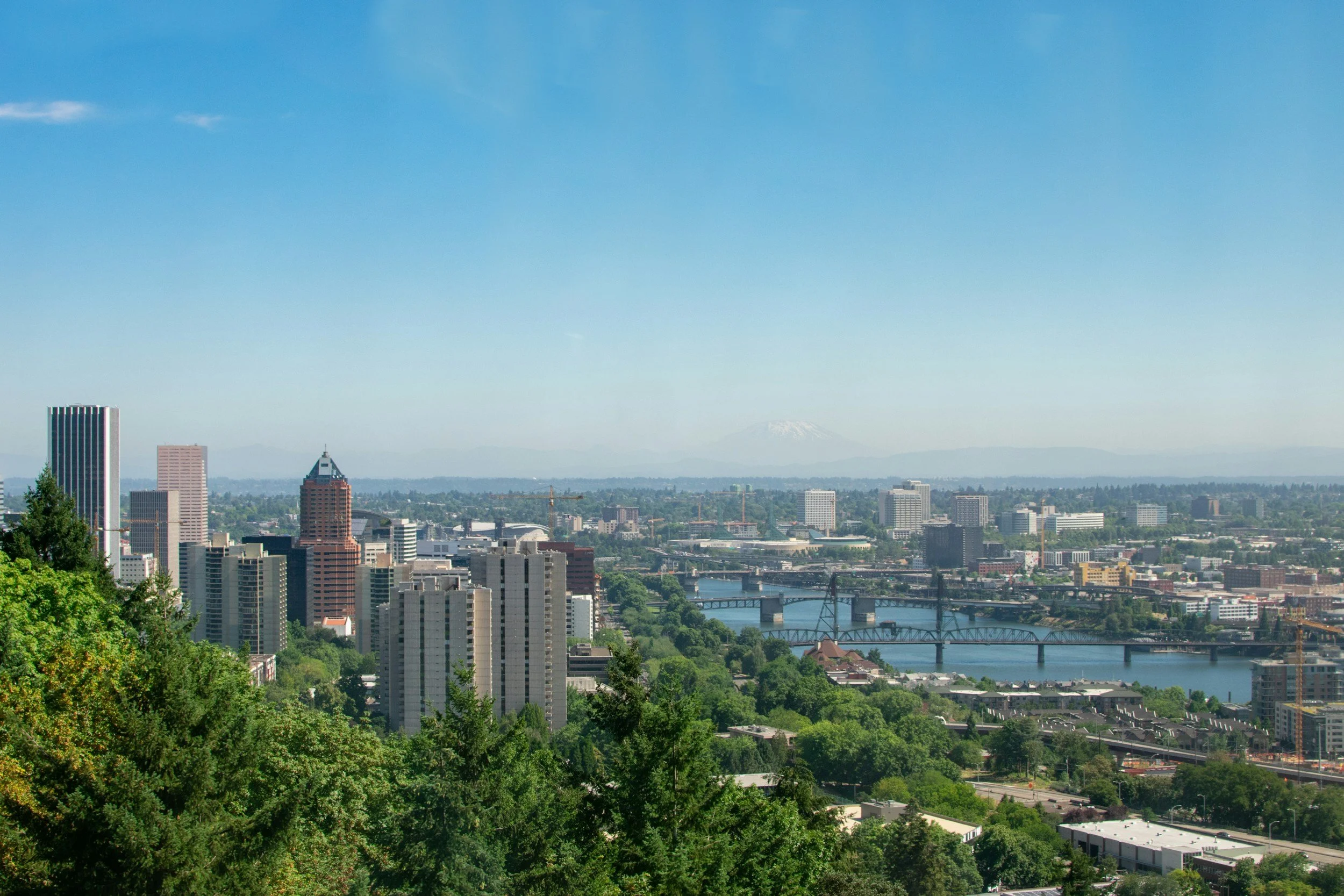From East to West: A Complete Guide to Relocating to Portland from the East Coast
Moving across the country is like jumping into the deep end of a pool – exhilarating, a bit scary, and totally transformative. As someone who made the leap from the East Coast to Portland, Oregon I've navigated this cross-country adventure firsthand and helped clients do the same.
When I first arrived in Oregon from Boston years ago, I was struck by the immediate differences. The pace was different. The coffee was different (and, let's be honest, better). Even the rain felt different – less of the East Coast's dramatic downpours and more of a persistent, gentle mist that locals barely acknowledge.
Climate Culture Shock Is Real
Let's talk weather first, because it's probably what your East Coast friends will warn you about. Yes, Portland has its famous rain, but it's not what you expect. We get fewer inches annually than New York or Boston, but it's spread over more days. The upside? Our summers are absolutely glorious – low humidity (no more sticking to your car’s seat in the summer), temperatures rarely above 90°, and the most spectacular greenery you've ever seen.
Pro tip: Invest in quality rain gear, not umbrellas. Nothing screams "I just moved here" like an umbrella in a light drizzle.
The Housing Market: East vs. West
If you're coming from New York or Boston, you might find Portland's housing prices refreshingly reasonable. Coming from other parts of the East Coast like Florida? Be prepared for some sticker shock. The median home price in Portland hovers around $550,000, which gets you more space than in major East Coast metros but less than in many suburban areas.
What's unique about Portland's market is the diversity of housing stock. From classic Craftsman bungalows to mid-century modern gems to sleek condos, Portland neighborhoods each have their distinct architectural personality.
Neighborhood Vibes: Finding Your Perfect Match
One of the biggest adjustments for East Coasters is understanding Portland's layout. We're divided by the Willamette River into east and west sides, and further segmented into quadrants (technically five, because Portland likes to be different).
For East Coast transplants, I often recommend these starting points:
Northeast neighborhoods like Irvington or Alameda if you miss the historic feel and tree-lined streets of older East Coast neighborhoods
The Pearl District if you're coming from urban environments and want walkability and cultural amenities
Southeast Portland (Richmond, Hawthorne) if you're looking for that Brooklyn-esque creative energy
West Hills if you're seeking more space and privacy and don't mind a car-dependent lifestyle
The Cultural Learning Curve
Portlanders are friendly but reserved – the famous "Seattle Freeze" extends south, though in milder form. Don't expect immediate best friendships, but do expect people to be kind and helpful. The indirect communication tendencies might throw East Coasters who are used to more direct communication.
Other cultural notes:
Politics lean left, even more so than many East Coast cities
Casual is the name of the game – I've shown up to some of Portland’s fancier restaurants to see patrons in t-shirt and flip flops.
The food scene is incredible but focuses more on quality ingredients and creative recipes than formal dining experiences
Outdoor recreation isn't just a hobby; it's practically a requirement. You may get guilted by locals for staying indoors on nice days (which is me vs. my Portland-born wife in a nutshell)
Logistics of the Move
Having helped clients with cross-country moves, I've seen what works:
Start your housing search 4-6 months before your planned move
Consider a short or mid-term rental first to get your bearings and decide which neighborhood you want to be in
Shipping your car rather than driving is a great option – cross-country trips are fun but exhausting during a move
Declutter aggressively before moving – Portland homes often have less storage than East Coast houses
The Emotional Journey
The hardest part of relocation isn't the logistics – it's the emotional adjustment. Even when you're excited about the move, there's a grief process for what you've left behind. My clients who thrive in their new Portland lives are those who honor those feelings while actively building new connections.
Join recreational sports leagues, take art or hobby classes, volunteer, or find meetups aligned with your interests. The Rose City has a group for everything from urban beekeeping to underwater hockey.
Why It's Worth It
Years after my own cross-country leap, I can honestly say it's been the best decision I've made. There's something magical about living in a place where you can ski or hike in the morning and make it to a concert in town by the evening, where neighborhoods still feel like communities, and where innovation and quirky tradition coexist beautifully.
Ready to make the move? Let's chat about your specific situation. The East-to-West transition has its challenges, but with the right guide, your Portland transition can be one filled with excitement and ease.



